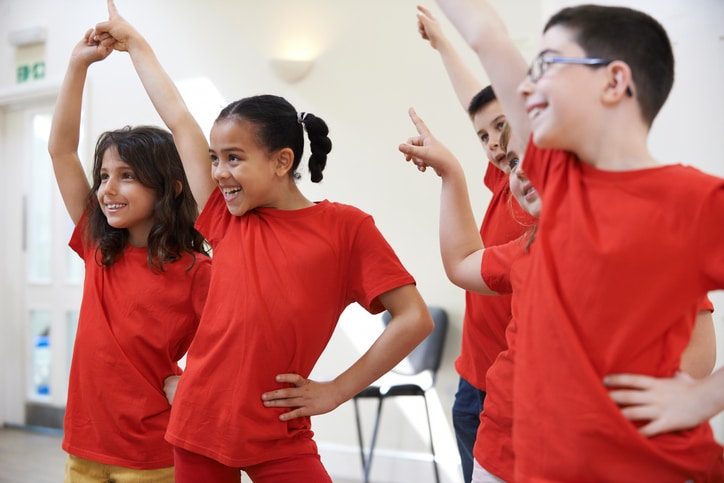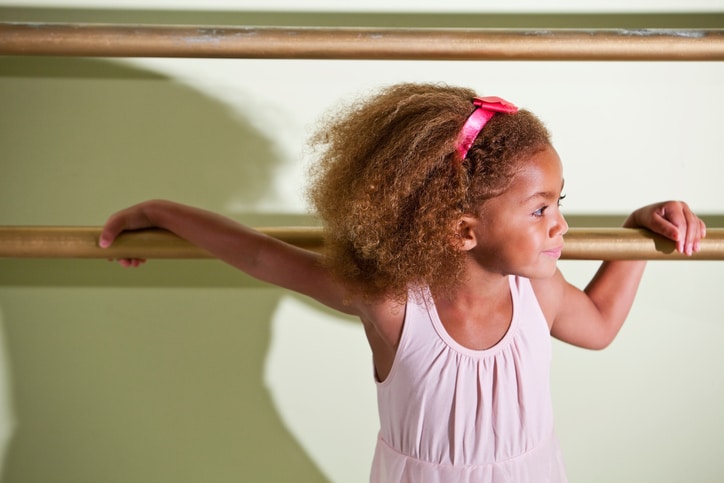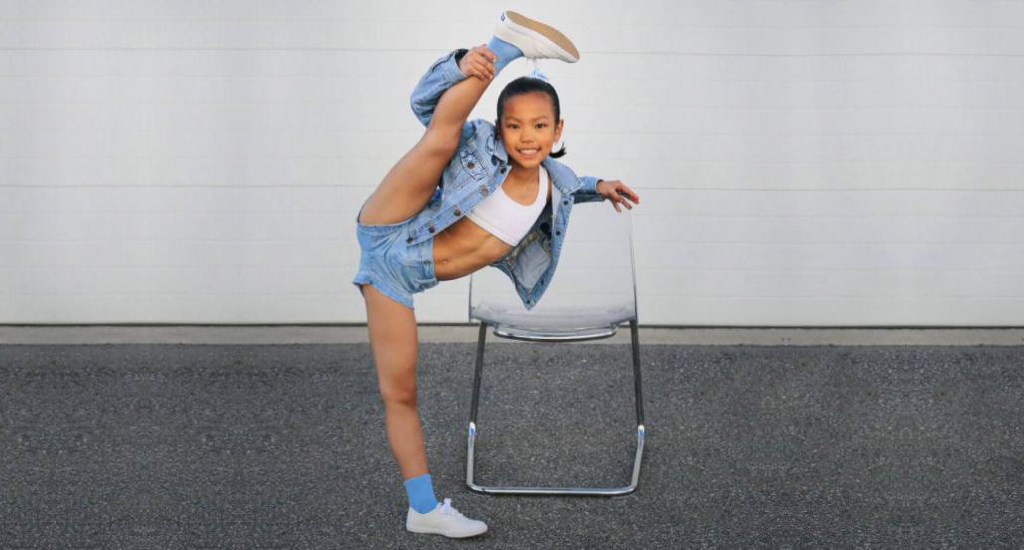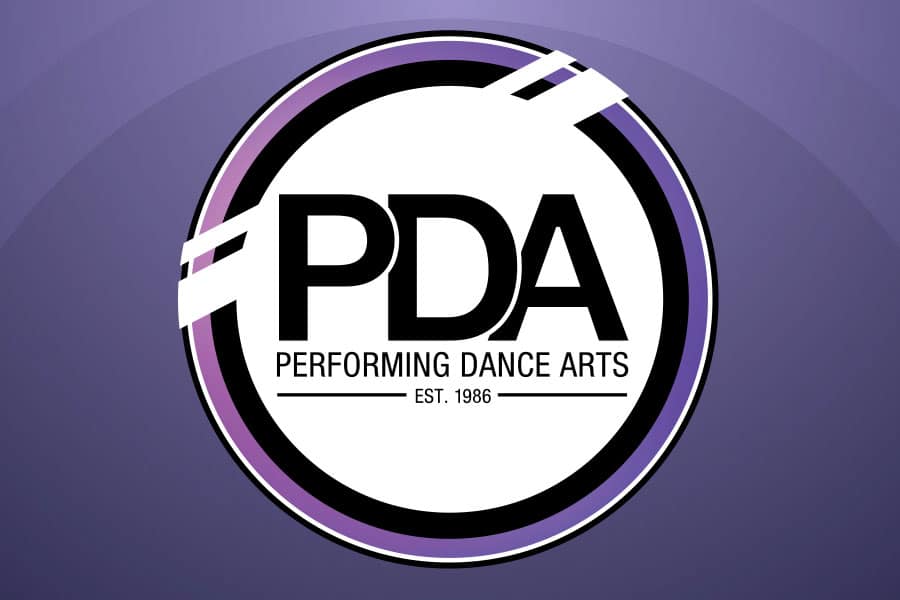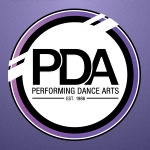Dance classes in Etobicoke can be fun, informative, exciting, but also physical demanding. Dancers young and old need appropriate nutrition to ensure that they can keep up with the physical demands of dance classes. To that end, let’s take a look at some nutrition information dancers ought to be aware of and why nutrition is important for dancers of all ages.
What Types of Food Should Dancers Eat?
Dancers are of course free to eat whatever they like, but you should keep in mind that some foods are better than others when it comes to providing the nutrition necessary to keep up.
Generally speaking, if your child is attending dance lessons in Vaughan (or anywhere else, really) they ought to have a steady diet of carbohydrates (often referred to simply as “carbs”), fats, protein, vitamins, and of course, water to stay hydrated at all times!
Let’s go a little more in-depth with each group below.
Carbs
Carbs are a great source of energy and are highly beneficial for dancers. After all, listless dancing devoid of energy is not only going to lead to a weaker performance but it can also be unsafe. Dancers may be unable to fully focus when drained, which could lead to injury. Carbs break down glucose (sugars) in the body to help fuel muscles. As a dancer, you should aim to have about one third of your diet consisting of carbs. Ideal foods made up of carbohydrates that fuel your body are whole grain breads, rice, beans, and whole wheat pasta.
Fats
Fats get a bad rap, but they are extremely important to healthy development, as well as dancing. Fats are a key building block in cell membrane structure. They also help produce energy for muscles when they are broken down. It’s usually best to consume about 1.2 grams of fat per kilogram of personal weight. The key here is to eat healthy fats such as avocado, canola oil, and nut butters.
Protein
Protein isn’t just for bodybuilders! It is used as supplementary fuel for the body when it runs out of glycogen. Aim for about 1.5 grams per kilogram of personal weight. Ideal foods consist of meats, beans, rice, and tofu.
Vitamins
Vitamins are critical to all sorts of things from healthy body maintenance to helping with recovery. If your child’s diet lacks vitamins, consider supplements (consult a medical professional first, of course).
Water
While not technically a matter of nutrition, dehydration can be dangerous for the dancer’s health; water is a must! Staying hydrated can help keep muscles limber and prevent cramping. It can also help with concentration and memory.
Become a Healthier Dancer with Performing Dance Arts
If you’re looking for a dance studio in Toronto that understands your child’s needs, from nutrition to social support to expert teaching practices, then you can stop looking: Performing Dance Arts is a perfect match!
Our comprehensive dance classes in Etobicoke are designed to help your child do what they love—dance—while improving their skills and learning new moves along the way.
If you’re looking for one of the best dance studios in Toronto, then get in touch with us today! Contact us to register your child or learn more about which style and program fits best. We offer dance classes for all skill levels and ages!
